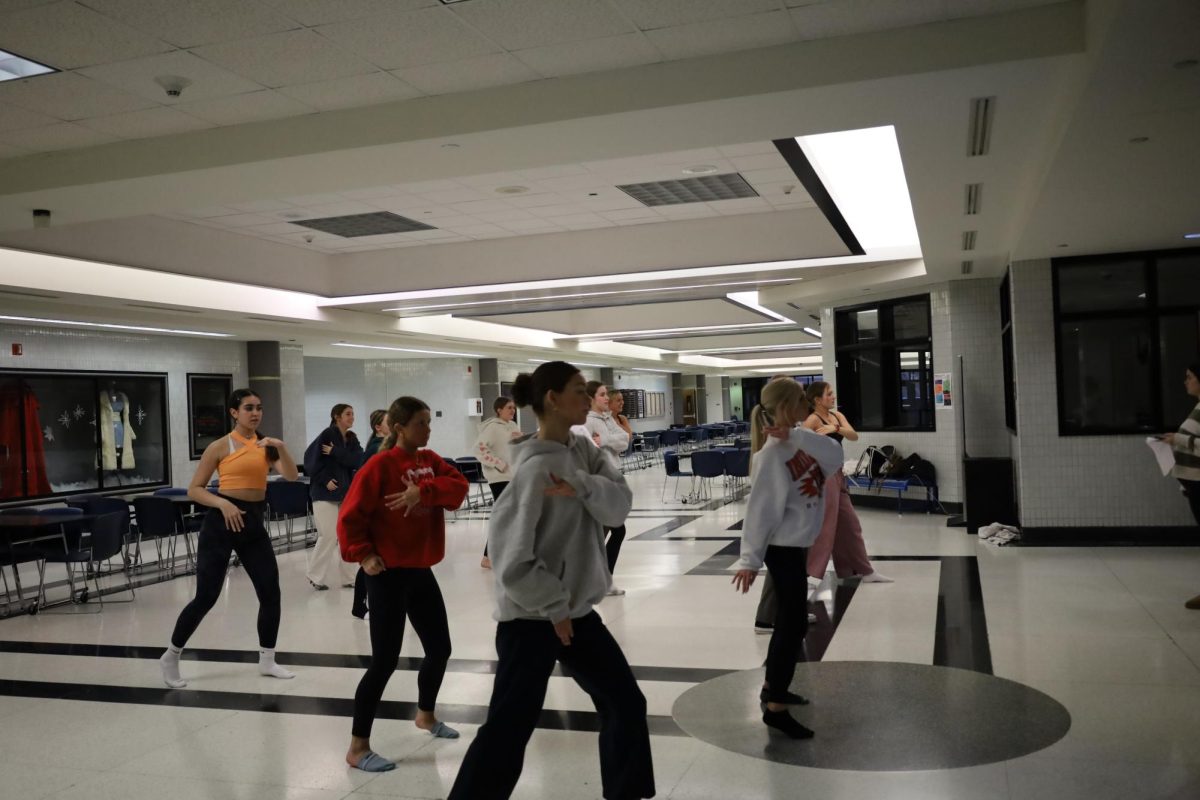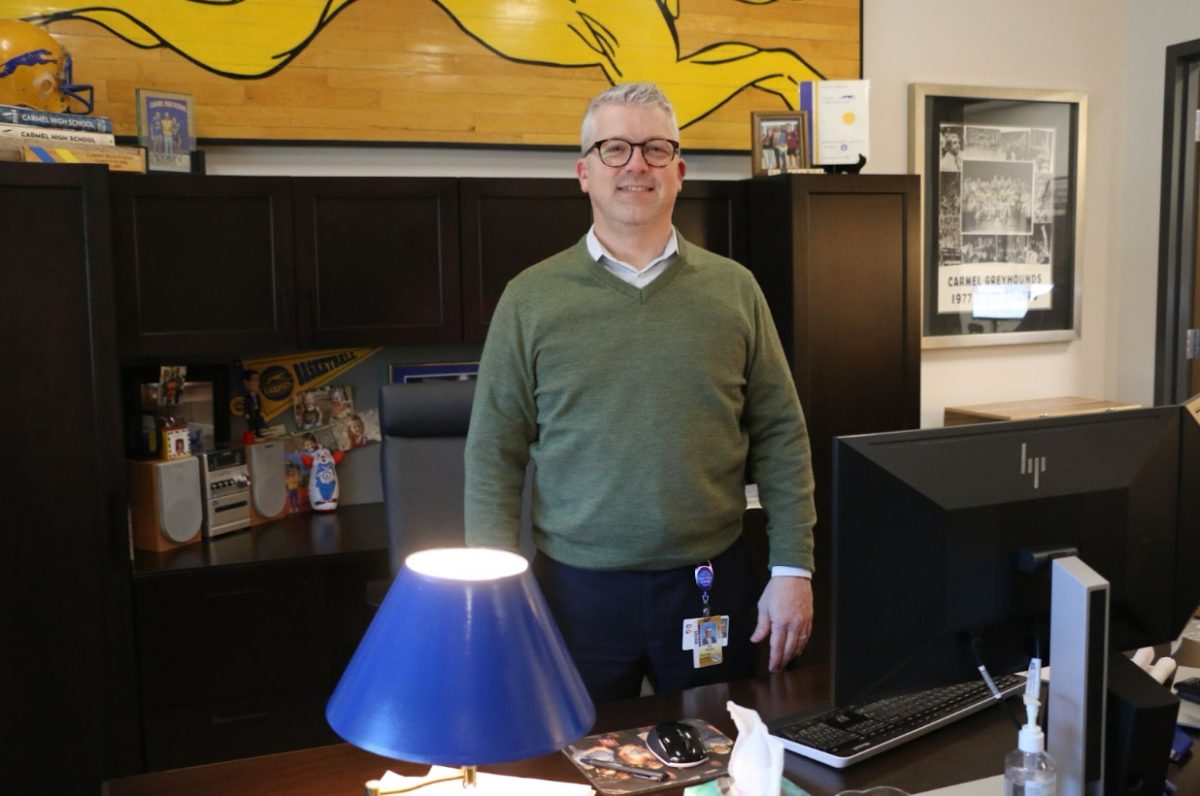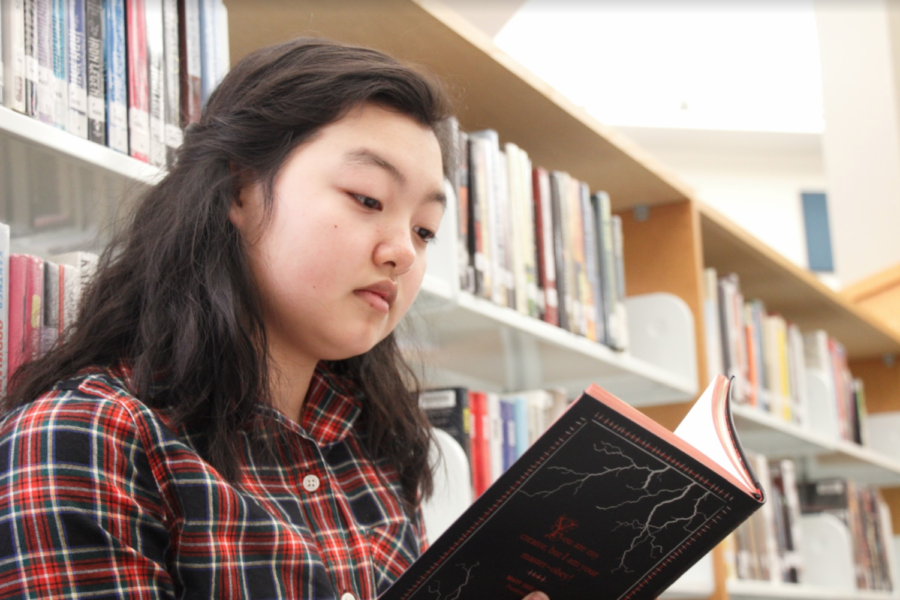Freshman Jasmine Hsu, who is on her third rereading of the book, was eager to persuade others into joining her inside the pages of the centuries old book in which she had found so much enjoyment. As we talked, Hsu said with a look of exasperation on her face, “One of the most common misconceptions is that the monster’s name is Frankenstein…that’s actually the name of the scientist; the monster is simply referred to as ‘the monster.’”
March 11 with mark the 200th anniversary of the publication of the book Frankenstein, otherwise known as The Modern Prometheus, by Mary Shelley. With this date fast approaching, Hsu is one of many people who realize the enormous impact the book, as well as many other classics, have made on modern society and on their own lives.
Frankenstein is widely recognized as a meaningful book, and though not up to par with series like Harry Potter or Percy Jackson with today’s audiences, is still quite popular. It has made The Guardian’s list of the 100 best books as number eight, and was called the greatest horror novel of all time by Publisher’s Weekly. In just the past year alone, Frankenstein has been checked out almost 33 times from the CHS Media Center.
The many themes present and discussed in Frankenstein have long enchanted readers and continue to be prevalent today.
As Cristen Cassler, AP Literature and Composition teacher, said, “Frankenstein is a discussion about the ethics of science…a lot of times people use it as the basis to argue against science.”
The ongoing debate on the ethics of science has grown in recent decades with the development of new DNA-editing technologies based on clustered regularly interspaced short palindromic repeats (CRISPR) and advancements in the field of robotics. Using these techniques and innovations, the creation of a monster like the one in Frankenstein could be within the grasp of scientists but this also means that people are torn between knowing that they can do something and wondering whether or not they should.
As Hsu said, “People nowadays even more so obsess with finding and creating life, so this book shows the negative outcomes that could come from creating artificial intelligence.”
Library media specialist Terri Ramos is also taken by several other themes she finds in Frankenstein. “The ideas of friendship and isolationism, they’re still conversations we could have today,” she said.
As with Frankenstein, the themes in many classical novels are what have made them endure through the ages. As Ramos said, “The reason books stick around is their universality. It doesn’t matter your race, culture or age, where you live or how you grew up there are themes that appeal to us as human beings.”
Cassler said she has a different reason for why classics stick around, but it conveys the same idea. She said, “What makes them classics is that they’re about timeless conflicts of humanity…that’s why we still teach books like Frankenstein.”
In addition to the many discussions within Frankenstein, the style in which the book was written had a profound impact on Hsu’s writing style. She said, “One of the things Frankenstein is known for is the fact that it’s written in different perspectives…after reading the book I’ve tried to incorporate more perspectives and different opinions into my stories.
However, the style of many classics has presented a challenge to many people. Hsu said, “A lot of times people get lost in the thought of the words rather than the story itself.” This is one reason she said she believes movie adaptations have been helpful in keeping classic novels relevant. Hsu and Ramos both agree though, that if the movie deviates too far from the book then it is simply a creation to satisfy Hollywood rather than the original.
The 200th anniversary of Frankenstein marks and important occasion for Hsu, Cassler and Ramos as well as many other fans of the book and classics as a whole. The lessons taught in the book have and will continue to impact the lives of people like Hsu. When we made it back to Hsu’s SRT room she took one last look at me and said, “It’s really a great book…I think there’s something in it for everyone and that’s why it has survived this long and why it will definitely survive in the future.”































![British royalty are American celebrities [opinion]](https://hilite.org/wp-content/uploads/2024/03/Screenshot-2024-03-24-1.44.57-PM.png)




















![Review: “The Iron Claw” cannot get enough praise [MUSE]](https://hilite.org/wp-content/uploads/2024/04/unnamed.png)
![Review: “The Bear” sets an unbelievably high bar for future comedy shows [MUSE]](https://hilite.org/wp-content/uploads/2024/03/unnamed.png)
![Review: “Mysterious Lotus Casebook” is an amazing historical Chinese drama [MUSE]](https://hilite.org/wp-content/uploads/2024/03/0.webp)
![Thea Bendaly on her Instagram-run crochet shop [Biz Buzz]](https://hilite.org/wp-content/uploads/2024/03/IMG_0165-1200x838.jpg)
![Review: Sally Rooney’s “Normal People,” is the best book to read when you are in a time of change [MUSE]](https://hilite.org/wp-content/uploads/2024/03/20047217-low_res-normal-people.webp)
![Review in Print: Maripaz Villar brings a delightfully unique style to the world of WEBTOON [MUSE]](https://hilite.org/wp-content/uploads/2023/12/maripazcover-1200x960.jpg)
![Review: “The Sword of Kaigen” is a masterpiece [MUSE]](https://hilite.org/wp-content/uploads/2023/11/Screenshot-2023-11-26-201051.png)
![Review: Gateron Oil Kings, great linear switches, okay price [MUSE]](https://hilite.org/wp-content/uploads/2023/11/Screenshot-2023-11-26-200553.png)
![Review: “A Haunting in Venice” is a significant improvement from other Agatha Christie adaptations [MUSE]](https://hilite.org/wp-content/uploads/2023/11/e7ee2938a6d422669771bce6d8088521.jpg)
![Review: A Thanksgiving story from elementary school, still just as interesting [MUSE]](https://hilite.org/wp-content/uploads/2023/11/Screenshot-2023-11-26-195514-987x1200.png)
![Review: When I Fly Towards You, cute, uplifting youth drama [MUSE]](https://hilite.org/wp-content/uploads/2023/09/When-I-Fly-Towards-You-Chinese-drama.png)
![Postcards from Muse: Hawaii Travel Diary [MUSE]](https://hilite.org/wp-content/uploads/2023/09/My-project-1-1200x1200.jpg)
![Review: Ladybug & Cat Noir: The Movie, departure from original show [MUSE]](https://hilite.org/wp-content/uploads/2023/09/Ladybug__Cat_Noir_-_The_Movie_poster.jpg)
![Review in Print: Hidden Love is the cute, uplifting drama everyone needs [MUSE]](https://hilite.org/wp-content/uploads/2023/09/hiddenlovecover-e1693597208225-1030x1200.png)
![Review in Print: Heartstopper is the heartwarming queer romance we all need [MUSE]](https://hilite.org/wp-content/uploads/2023/08/museheartstoppercover-1200x654.png)























![Review: Ladybug & Cat Noir: The Movie, departure from original show [MUSE]](https://hilite.org/wp-content/uploads/2023/09/Ladybug__Cat_Noir_-_The_Movie_poster-221x300.jpg)

![Review: Next in Fashion season two survives changes, becomes a valuable pop culture artifact [MUSE]](https://hilite.org/wp-content/uploads/2023/03/Screen-Shot-2023-03-09-at-11.05.05-AM-300x214.png)
![Review: Is The Stormlight Archive worth it? [MUSE]](https://hilite.org/wp-content/uploads/2023/10/unnamed-1-184x300.png)




